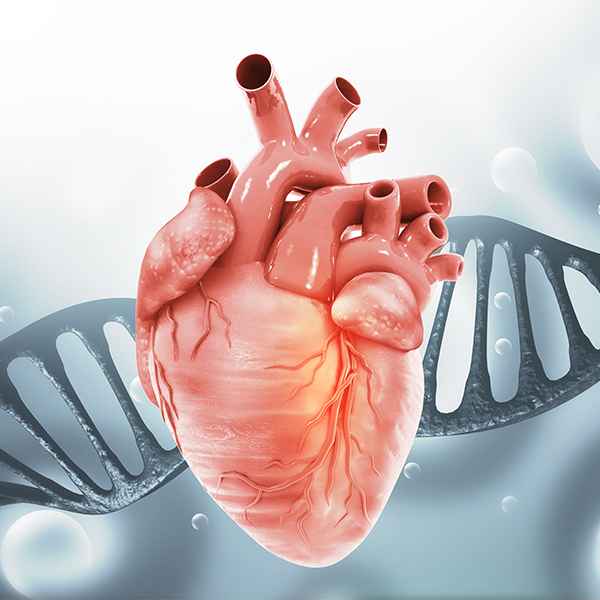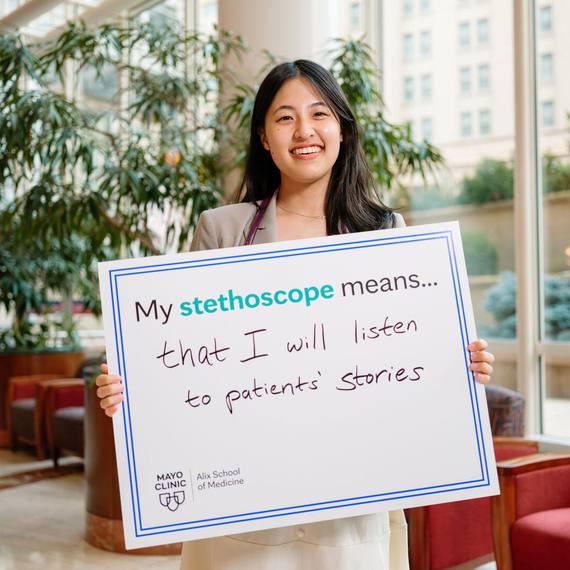
ROCHESTER, Minn. ― Though researchers have long known that several physiological and anatomical changes occur during pregnancy that can contribute to kidney stone formation, evidence of the link has been lacking. But now Mayo Clinic researchers believe they have that evidence.
An observational study that reviewed the medical records for nearly 3,000 female patients from 1984 to 2012 finds that pregnancy increases the risk of a first-time symptomatic kidney stone. The risk peaks close to delivery and then improves by one year after delivery, though a modest risk of developing kidney stones continues beyond one year after delivery.
The study, published in the American Journal of Kidney Diseases, included 945 women who experienced a first-time symptomatic kidney stone and 1,890 age-matched female control subjects. The study's objective was to determine whether the risk of a first-time symptomatic kidney stone increased with pregnancy and if the risk varied across different time periods before, during and after pregnancy.
"We suspected the risk of a kidney stone event would be high during pregnancy, but we were surprised that the risk remained high for up to a year after delivery," says Andrew Rule, M.D., a Mayo Clinic nephrologist and the study's senior author. "There also remains a slightly increased risk of a kidney stone event beyond a year after delivery. This finding implies that while most kidney stones that form during pregnancy are detected early by painful passage, some may remain stable in the kidney undetected for a longer period before dislodging and resulting in a painful passage."
A symptomatic kidney stone event is the most common nonobstetric hospital admission diagnosis for pregnant women. A symptomatic kidney stone event occurs in 1 of every 250–1,500 pregnancies, research shows, most often occurring during the second and third trimesters. Kidney stones, though uncommon, can cause significant complications, ranging from preeclampsia and urinary tract infection to preterm labor and delivery, and pregnancy loss.
Diagnosis of kidney stones during pregnancy can be challenging, given limited diagnostic imaging options due to concern about radiation exposure, says Dr. Rule. Treatment can be complicated by obstetric concerns, as well.
Several physiological reasons may contribute to why pregnancy contributes to kidney stone formation, says Charat Thongprayoon, M.D., a Mayo Clinic nephrologist and the study's corresponding author. During pregnancy, ureteral compression, and ureteral relaxation due to elevated progesterone hormone can cause urinary stasis in the body. In addition, increased urine calcium excretion and elevated urine pH during pregnancy can lead to calcium phosphate stone formation.
Awareness of a higher risk of kidney stones during pregnancy and the postpartum period can help health care providers offer diagnostic and preventive strategies for women.
"Urinary obstruction due to kidney stones can cause pain that some patients describe as the worst pain they have ever experienced," says Dr. Thongprayoon. "During pregnancy, a kidney stone may contribute to serious complication, and the results of this study indicate that prenatal counseling regarding kidney stones may be warranted, especially for women with other risk factors for kidney stones, such as obesity."
General dietary recommendations for preventing kidney stone disease include high fluid intake and a low-salt diet. Mayo Clinic experts also recommend appropriate calcium intake during pregnancy of at least 1,000 milligrams per day, preferably from dietary sources such as dairy products rather than calcium supplements.
The research examined data from the Rochester Epidemiology Project, a collaboration of clinics, hospitals and other health care facilities in Minnesota and Wisconsin, and community members who have agreed to share their health records for research. This project enables vital research that can find causes, treatments, and cures for disease. It is supported by the National Institutes of Health, U.S. Public Health Service, and National Center for Advancing Translational Sciences.
The study also was supported by the Mayo Clinic O'Brien Urology Research Center with grants from the National Institute of Diabetes and Digestive and Kidney Diseases. The authors declare no relevant financial interests.
###
About Mayo Clinic
Mayo Clinic is a nonprofit organization committed to innovation in clinical practice, education and research, and providing compassion, expertise and answers to everyone who needs healing. Visit the Mayo Clinic News Network for additional Mayo Clinic news. For information on COVID-19, including Mayo Clinic’s Coronavirus Map tracking tool, which has 14-day forecasting on COVID-19 trends, visit the Mayo Clinic COVID-19 Resource Center.
Media contact:
- Kelley Luckstein, Mayo Clinic Public Affairs, newsbureau@mayo.edu







